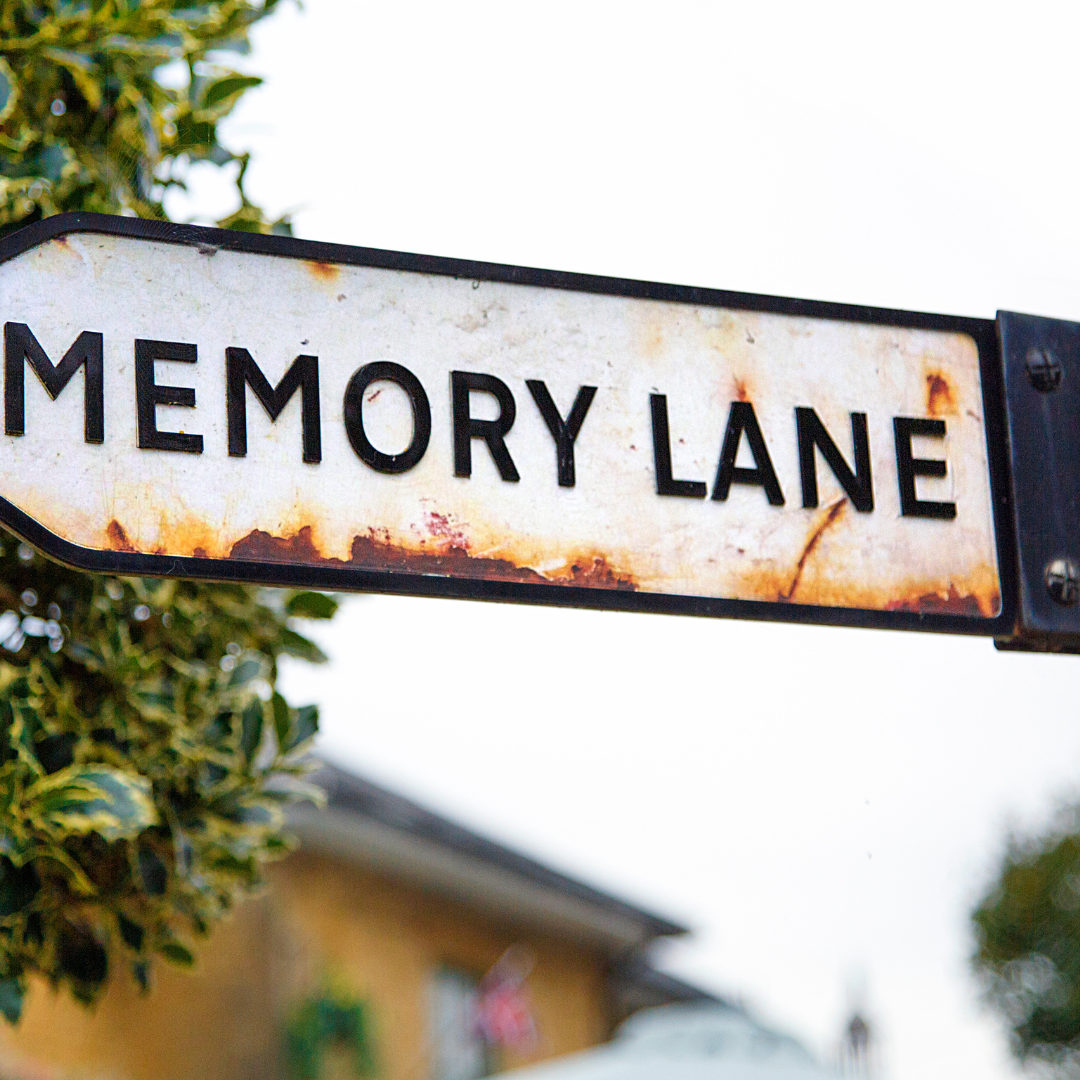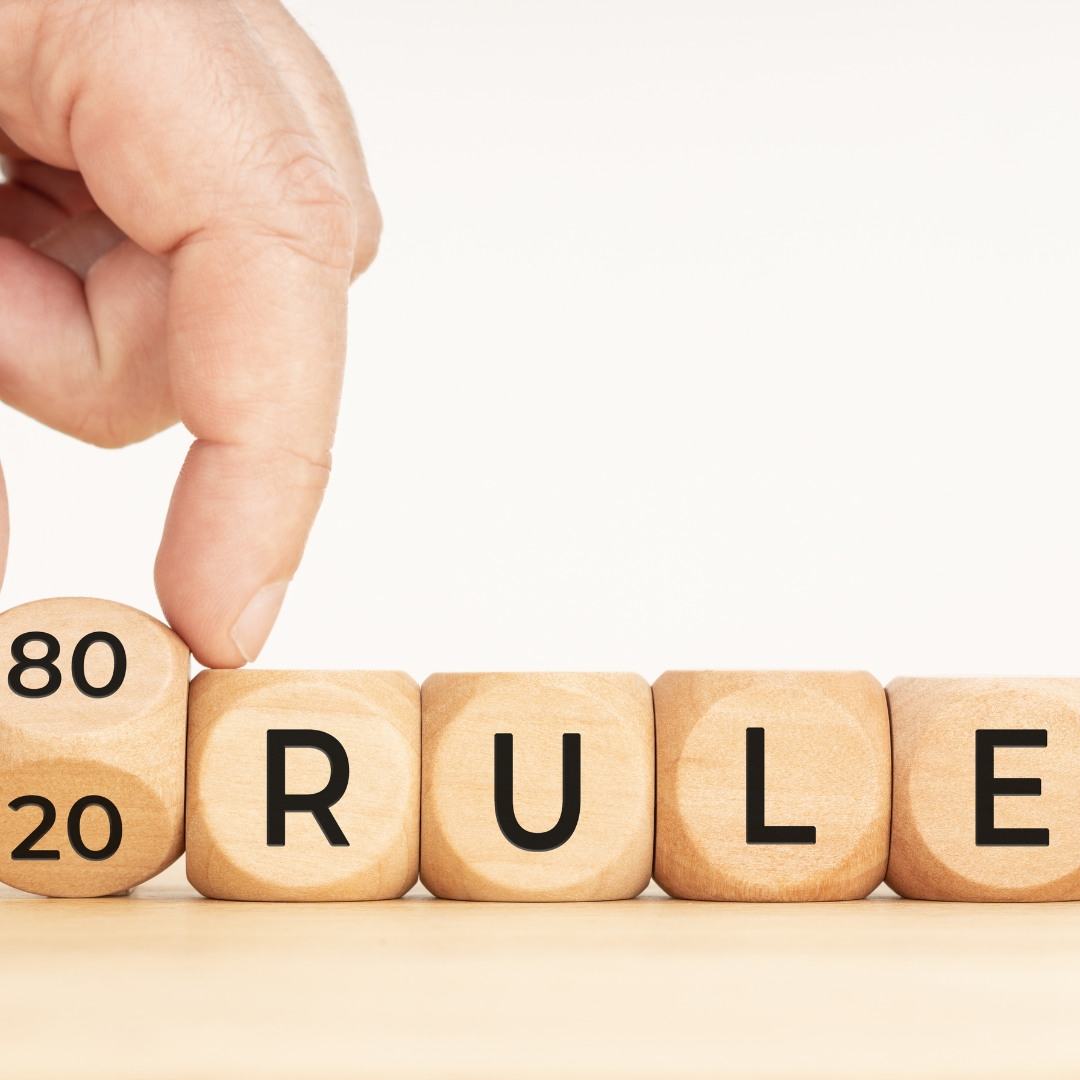|
Atwater Factors. Recognising in hindsight that I enjoy numbers it is no surprise that I embraced the concept of calories. Not so much to eat this way but when teaching nutrition it became a formulaic way to translate the information of why the food pyramid was such a wonderful teaching tool. Carbohydrates had less calories than fats. Therefore you could eat far more. Fats were the reason we were overweight…etc etc. I am truly sorry for passing on this as knowledge.
Roll on many years and I am having none of it. Food pyramid education and calorie counting are so wrong on many levels. Lets face it. If it was right would we be in the metabolic mess we are in? It turns out that the numbers game is a lucrative one though. Get people to a point where they associate a number with success or failure and they can be guilt ridden enough to part with money to appease it. We have been taught to measure our health in numbers at the expense of common sense. You might feel ill, have no energy, be depressed, have digestive issues etc etc but feel delighted when the doctor tells you that your cholesterol level is low.. A meal with real food is substituted for a slimming shake full of ingredients that has a set low number of calories and you might feel virtuous in your weight journey. Before long we loose the plot. We stop seeing food for what it is and count the numbers instead. I see this strategy again for climate change and CO2. Measure it and charge for it accordingly. Be careful about loosing sight of living life as we spend our time counting the unnecessary.. Anne Maher
0 Comments
The recent horse documentary from RTE has caused its justifiable furore. Animals unfit for human consumption are being falsely microchipped to pass a determined standard and create a lucrative business for those who care little for the final consumer.
Trust is built with truth and transparency. Exposing the truth brings some transparency but certainly trust in our food system is shaken yet again. There is much to delve into this. This malpractice is not news to the department as it was flagged for a few years. The horse industry seems to be able to by pass the scrutiny that other small farmers cannot avoid. Why is this? Why are some farmers hounded and others ignored? A two tier system of regulation. We have seen raw milk get a lot of scrutiny recently. It certainly seemed over zealous and unfair. Can a consumer trust the food they consume if there is such blatant attempts to put such products on the market? Do labels mean what they say? When trust is broken it is so hard to bring it back. The longer the supply chain the less responsibility you have for the final consumer. This is why shortening the chain can help build back the trust. Many shorter chains in local contexts. Globalisation means we can have what we want when we want but to be honest is it worth the mistrust? I am beginning to wonder. Anne Maher Commuting to and from The Urban Co-op I happen to meet many tractors. Or follow. The speed of same is dictated by the age of the driver. It is easy to tell from behind. The older farmer travels slower along the road and I notice heads turning left and right to survey the land around. Younger drivers needless to say go faster bopping to music or some such distraction as the head stays firmly forward. These large tractors are quite impressive machines. Technology has advanced so much that they are comfortable and powerful (and a bit scary on the roads!). Measured in horse power can you imagine the conversion of 300 horses to do the work of one tractor?
Recently I came across an old record of a receipt for the first farm tractor purchased by my father. In the late fifties this cost a small fortune of £350. It must have been a game changer from working with horses. I actually do remember this machine in action. My mother driving it on a hot day turning hay, alongside my father as he used the baler with the more modern Massey Ferguson. The weather must have been about to turn but on that day the sun shone gloriously. I smell the dry hay again. Working picnics of tea, sandwiches and cake to keep the momentum going. Sitting on those little grey tractors with no cab farmers were exposed to all the elements. The hay seeds, the dust, the sun, the rain, the smells, the birdsong. Despite the convenience of these work horses you were still in touch with the land through the assault on your senses. Do younger farmers have that connection with the land still? The ability to read the land, the weather and all the signs that nature tells us? I really doubt it. How do we get back to understanding the language of the land again? Anne Maher Lots of conversations in side these weeks on a nostalgia for times gone by when things were simpler. My lateral brain goes from the news that Amazon fresh is beginning to go off. The novel idea of just picking your scannable items and walking out the door as the cost is taken out of your account is perhaps a step too far for us. Maybe just maybe we need people to interact with along the way. I am remembering being a very young child looking at the high shelf behind the shopkeeper where the tall glass jar with the black lid held the desired apple drops. Perhaps you will remember the time too when you had a human gatekeeper behind the counter who required you to point and request the desired item. Penny sweets in white paper bags. They tasted so good. I do remember wanting to be a shop keeper. How glorious that job appeared to my 5 year old eyes. A wonkaland of possibilities….Little did I know.
Back further I remember the infamous shop in Portlaoise called Boylans. Eddie and his brother wore the brown overalls, typical of service to a local community that has not forgotten their impact. As children we were not able to grasp the importance of those conversations as people were traced and stories told while groceries were collected. Shopping was a slow process. My mother would write out her list there and they discussed the latest news of births deaths and marriages. No money changed hands but the list was held on account until the farming harvest came in when the bill was paid. I can still smell the place in my memory. It remains fresh. Unlike Amazon business plans. Fast forward to today and those many gatekeepers are being made redundant with technology and the promise of progress. Self-service check outs are monotone and quite frankly annoying. There is no conversation. When it doesn’t work in the streamlined time saving way it promises, I feel like a scolded child leaving the supermarket. Unidentified item in the bagging area… Our world is enriched with opportunities to connect and communicate. Accessing food and groceries is one regular way to get that connection back and we see more people acknowledging this benefit. It is prompting those conversations again of the good old days. Memory lane is interesting and fun. Imagine trying to have those conversations with Alexa and Siri? The unfortunate price of progress seems to be disconnection. Is it worth it? Anne Maher Don’t you just love the 80/20 rule! It lets us off the hook somewhat especially when it comes to diet. Eat well 80% of the time and the other 20% we can fall off the wagon so to speak. I wonder is it that simple? The Pareto Principle suggests that 20% of effort yields 80% of results and thus the need to prioritise carefully with tasks and productivity. Not to be too confusing then if we consume a diet with 20% realfood would this mean that we are 80% there in terms of outcome… ie…better health. It would seem to be a fair deal to be honest!
In any case to give ourselves a headstart it really does help to be immersed in an environment that supports our efforts. Monitoring the growth of ultra processed products in the supermarkets (taking up the shelf space!) it is more and more difficult to be able to find the real stuff. Our consumption patterns are showing that we are heading past 50% ultra processed foods. Increasing evidence shows that our health problems are strongly linked with the consumption of upfs. Addictive and prolific its so hard to avoid them. Getting to a check out in a supermarket is an exercise in will power… Here at The Urban Co-op we actively adhere to the 80/20 rule. Less than 20% is UPF ( specially selected with the minimal amount of ingredients.) We want to give ourselves a fighting chance to stay as well as possible. This is not about will power, it is about changing our environment to support us along the way. Anne Maher It is increasingly recognised that social enterprises contribute a significant role to the welfare of the country. Addressing problems that are ground up there are unique characteristics that set social enterprises in a league of their own. Last year a baseline data survey in Ireland gave a glimpse into this impact. 800 SEs responded. 2.5BN generated for the economy. Large numbers employed etc.. This data only scratches the surface of the impact. But it’s a start! I was interested to note the contribution of philanthropy in this sphere based on this data (3%). In the world of social enterprise, non-profits and charity there is generally a haphazard distribution of philanthropic funds and a challenge to source and match philanthropists with aligned enterprises. There is enormous potential to harness the power of contribution where everyone benefits. Not all philanthropy though is altruistic and quite frankly the law of unintended consequences always applies…
What about the new word Philanthropath? “A wealthy person who supposedly makes a philanthropic donation, but does so knowing full well they are actually making an investment into yet another agenda of theirs.” Philanthropy can be a greenwashing exercise. I admit to being skeptical especially when powerful people exercise their wealth to nefarious ends enabled by those seduced by the trappings associated. Concentrating power in the hands of a few does not sit well with us co-op minded folk. We ask is there a better way? What if we had a concept of “philanthropy of the crowds”? Giving is good for you so the evidence says. What if more people can benefit on both sides of the system? Many small pooled contributions can make a large impact… it is through this thinking that we strive to move forward with The Urban Co-operative. We all have the power to make changes happen. This is not the benevolence mindset, it is mutually beneficial, it is co-operating. On equal terms. How good would this be for our health & wellbeing! Anne Maher More farmer protests in Germany as I write. Reduced subsidies and increased taxes put the squeeze on farmers. Meanwhile, at the latest World Economic Forum meetings farmers and fishers are sitting in the same sentence as ecocide. I seriously doubt many of the decision-makers have worked the land themselves to understand what is involved. There is solidarity in protest but selective broadcasting will keep the news off the radar for most possible recipients. Again we are distanced from the source of our sustenance. Despite the phenomenal amount of media we have access to, we have little idea of what actually truly is happening. Fear of contagion possibly justifies a media silence in power circles. Protests though suggest the end of a tether. Like a volcanic eruption, the lava eventually comes to the surface spewing forth the fury. It’s the tsunami afterwards that causes the widespread chaos. Be prepared to get to higher ground folks…
Anne Maher After the celebration season, January is a time of promises to be good. From feasting to fasting! Resolutions and regrets. Must try harder. Why do we do this to ourselves??
Personally, I do like January and the new year full of potential. Visions of a positive future… Dreaming ahead we continue to take inspiration from Rob Hopkins's book What If as it fires up the imagination of possibilities. Here goes… what if the Limerick Milk Market was open 7 days a week? What if it thrived with farmers producing locally and finding a viable route to sale? What if there were pop-up stalls of interest that kept people coming back? What if empty buildings became viable places to live so cars weren’t necessary to get your food on the outskirts of the city? What if folk enjoyed meeting each other every day there and each day had a different energy of ideas.. what if the market bustled with life day and evening so that it became a mega tourist attraction and folk considered locating in the city again? What if there were enough local farmers and suppliers to meet the growing demand? What if the market stimulated new artisan ideas and people felt fulfilled that their work was valued? What if it employed a significant group of local people who thrived in the process? What if different food theme days encouraged repeat visits in the week? Sometimes you just have to imagine what is possible... Anne Maher |
Categories
All
Archives
July 2024
AuthorsRecipes from Katie Verling & Jacques |









 RSS Feed
RSS Feed